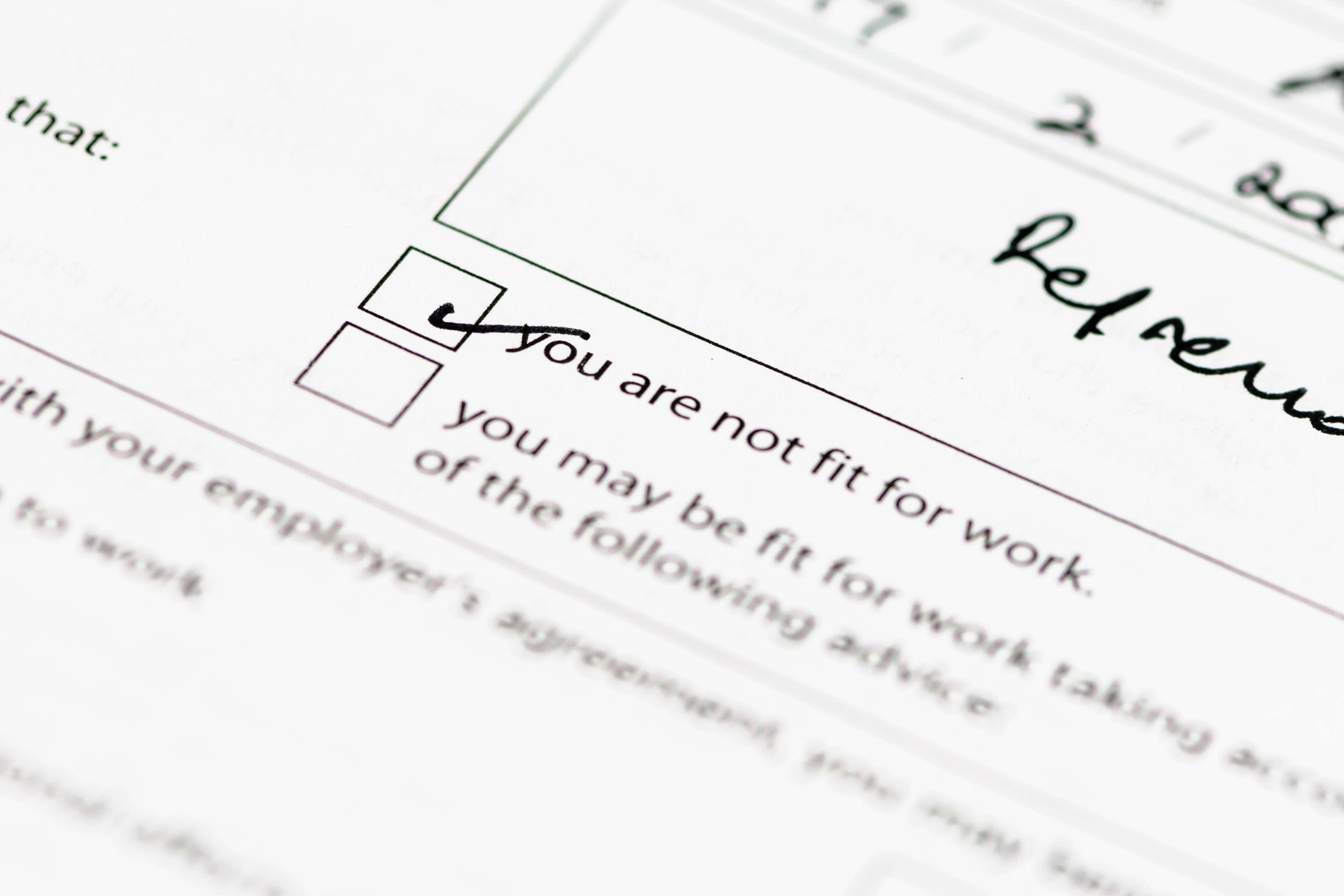Record number of workers on long-term sickness ahead of Hunt’s ‘back-to-work’ Budget
The figures come ahead of Chancellor Jeremy Hunt’s self-styled back-to-work Budget on Wednesday

The number of Britons off work due to long-term sickness has reached record levels the latest official figures show, ramping up pressure on the Chancellor ahead of his “back-to-work Budget” on Wednesday.
Data from the Office for National Statistics (ONS) revealed that there were 2.52 million people off work due to long-term sickness in the three months to January – up 2.6% quarter-on-quarter and 7.9% year-on-year and the highest since record began in 1993.
The figures come as Chancellor Jeremy Hunt prepares to unveil his spring Budget on Wednesday, with measures expected to focus on getting people back into work to boost the flatlining economy.
The measures are expected to boost workforce participation targeting the over-50s, the long-term sick and disabled, as well as benefits claimants, in what Mr Hunt is billing his “back-to-work Budget”.
Tackling economic inactivity is a key component of Mr Hunt’s plans, as employment numbers have languished far below their pre-pandemic levels, harming the UK’s already-struggling economy.
He is expected on Wednesday to announce the axing of the system used to assess eligibility for sickness benefits.
The biggest reform to the welfare system in a decade will mean claimants can continue to receive the payments after they return to employment, according to the Treasury.
The change will allow them to move into work without fear of being reassessed and losing their benefits.
The process is expected to be replaced with one that asks claimants to demonstrate what job they might be able to take.
But the ONS data highlights the scale of the challenge facing the Government.
The elephant in the room is going to be the number of people who are unable to work because they are waiting for NHS treatment
The number of men out of work due to long-term sickness is up by 3.7% on the previous three months at 1.17 million, while there are 1.35 million women not in work due to long-term sickness, up 1.7%.
Those not in work due to temporary sickness is up 4.5% quarter-on-quarter, the ONS added.
Sarah Coles, head of personal finance at Hargreaves Lansdown, said: “The fact that so many people are too sick to work is having profound consequences for the employment market.
“We know Jeremy Hunt’s Budget this week will be introducing tougher measures for people who are claiming benefits, and he is considering some changes to encourage more wellness at work.
“However, the elephant in the room is going to be the number of people who are unable to work because they are waiting for NHS treatment.”




Bookmark popover
Removed from bookmarks